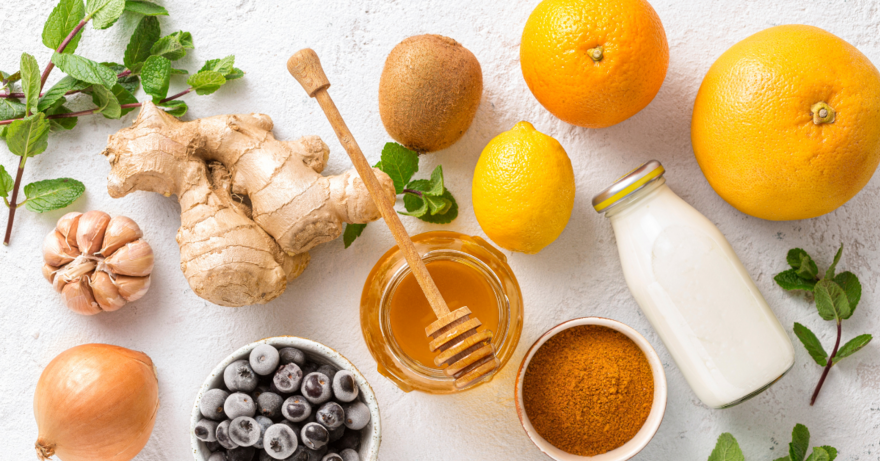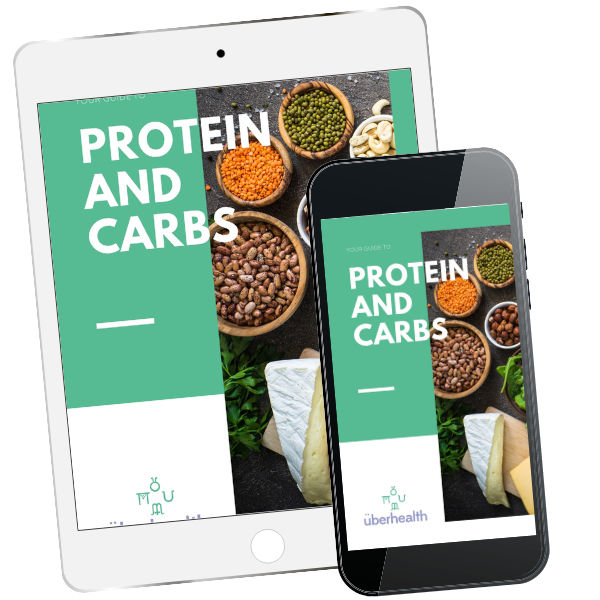Does Exercise Help The Immune System?

Today I'd like to answer the question, does exercise help the immune system? I recently wrote a blog on training, exercise, and being sick. You can find my guide on how to gauge if you should train or compete while sick here.
I’ve had a lot of feedback from peeps saying it’s a quick and easy way to help them decide if they should skip a day or not. And what I heard from a lot of you is that at times, there's a lot of pressure to “show up.” Some of you DM’d or emailed me saying you had a sense of relief when someone else told you can have a rest day. So I want to take a moment and ask how you feel about this.
Are you one of the folks who “soldier on” regardless?
Do you go to work, social commitments, and never skip a training session because you worry about what others may think if you didn’t show? As you read today’s blog, I invite you to keep those thoughts and your responses in the back of your mind.
Does Exercise Help The Immune System?
Moving on. Today I want to share with you the Catch-22 around exercise and immune health. We hear it all the time ...
“exercise is good for our health” “exercise makes our immune systems strong and healthy”
We all know exercise can help protect us against non-communicable diseases such as cardiovascular disease and diabetes. But does exercise help protect against the common cold?
Benefitting the system
First up, there’s the more general immune system support that comes through exercise. If you’re lucky enough to walk, run, or train outside, you’re getting fresh air and sunshine. Sunshine helps us convert our immune system support vitamin - Vitamin D - to its active form. Vitamin D is important in strengthening our physical barrier system, as well as our innate immunity.
But what about on a cellular level?
Training and exercise are can be called immunomodulators. This means they can both increase and strengthen our immune system response, as well as cause it stress or dampen it. During and post-training, our bodies release both pro- and anti-inflammatory cytokines, along with white blood cells. Our circulating lymphocytes increase and our ability to recruit immune system cells is also heightened. As a result, it’s observed that folks who exercise or train regularly may see a lower rate of infection and severity of common colds.
How long and how hard?
It’s important to remember here that the duration and intensity of a workout or event can both positively and negatively affect your immune system. Usually, it’s the shorter, moderate to intense workouts that can be beneficial. Whilst the endurance and high-intensity training sessions may be less than best from an immune system building perspective. Findings from the International Society for Exercise and Immunology (ISEI), suggests that immunological benefits decrease after about 90 minutes of moderate- to high-intensity physical activity.
So why is this? To put it simply, it’s as though your immune system and all its cells are like you. When you first start a training session, you feel keen and excited to get into it. After a while though, you may get distracted or a little bit bored or tired. For example, we have our Natural Killer (NK) cells which come flooding because of exercise onset. NK cells are a key part of our immune response to pathogens. If your workout is shorter, they’ll keep acting on invading pathogens. However, if your training session or event goes into the 90+ minutes category, your NK will start to migrate to damaged muscle tissue to begin repair work.
The exercise, stress, immunity triangle
And then there’s stress. I’m not talking about typical life stresses such as running late for a meeting or planning a weekend gathering. But rather the impact that stress has on our immune system. Whether you love it or hate it, exercise is a stressor to our body. Yes, many of us do it to relieve stress and tension. But from a biochemical perspective, it’s a stressor. When we are stressed, we get a flood of our sympathetic nervous system hormones, including cortisol.
Our stress response hormone cortisol has a natural 24hr cycle - higher in the morning and then lowers throughout the day. Ongoing high levels of cortisol have been shown to negatively impact immune health. This explains why folks who are stressed and burned out are more susceptible to more colds and flu. But this also explains why folks who over-train get sicker more. Which then throws them into the cycle of coming back too hard, too soon from being sick to make up for “what they’ve lost” whilst sick. Only to overdo it and make themselves sick again!
How to support your immune system AND keep training
So, how can we support our immune system AND keep doing the training we love? First, make sure you get enough rest. Your body needs rest and recovery time to build muscle and reset the system. Check out this blog to remind yourself why rest is so important. Another way you can support your immune system and train is to make sure you eat within 30-40 minutes after your session. Eating a nice mix of carbohydrates, protein, and fats after training helps to blunt the rising cortisol levels and prevents the impact of chronically elevated cortisol on the immune system.
Get help if you need it
If you find you’re constantly getting colds and flu and it’s affecting your training and events, it might be time to dive a bit deeper. **NOTE: Not sure if you want to try 1:1 consults or not? I am currently taking on more clients for 1:1 private consultation. Reach out here to learn more.
FREE RESOURCE


